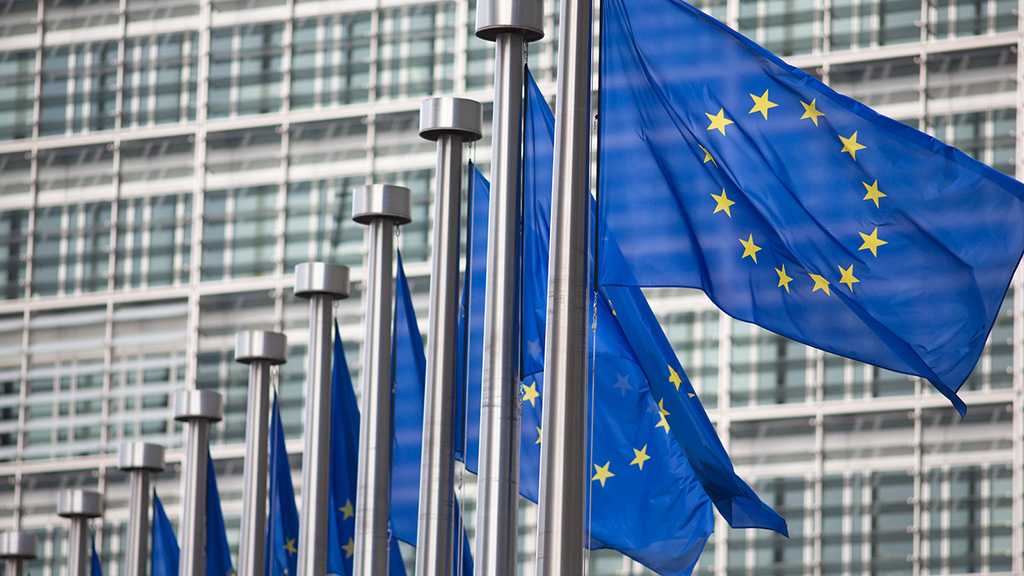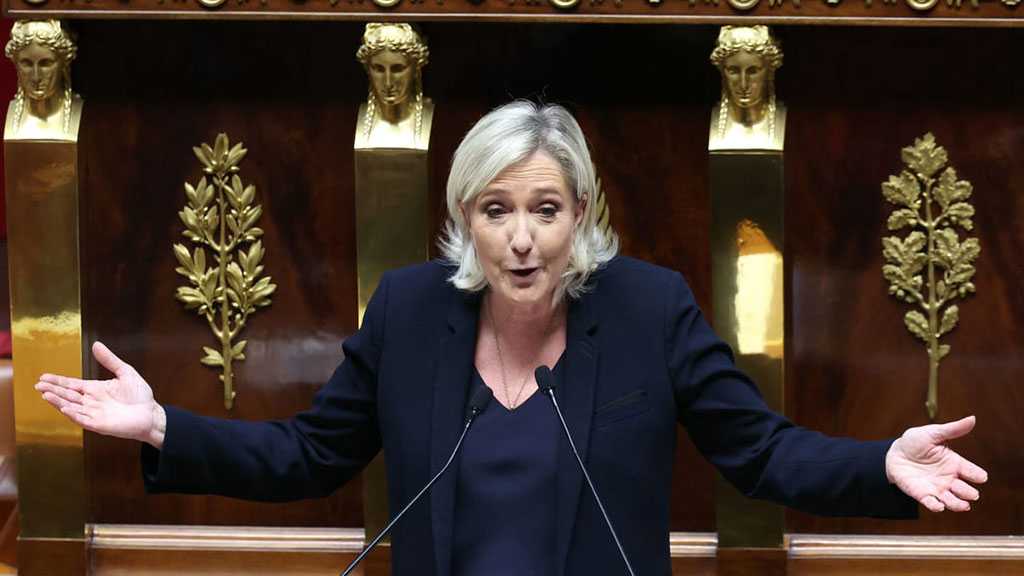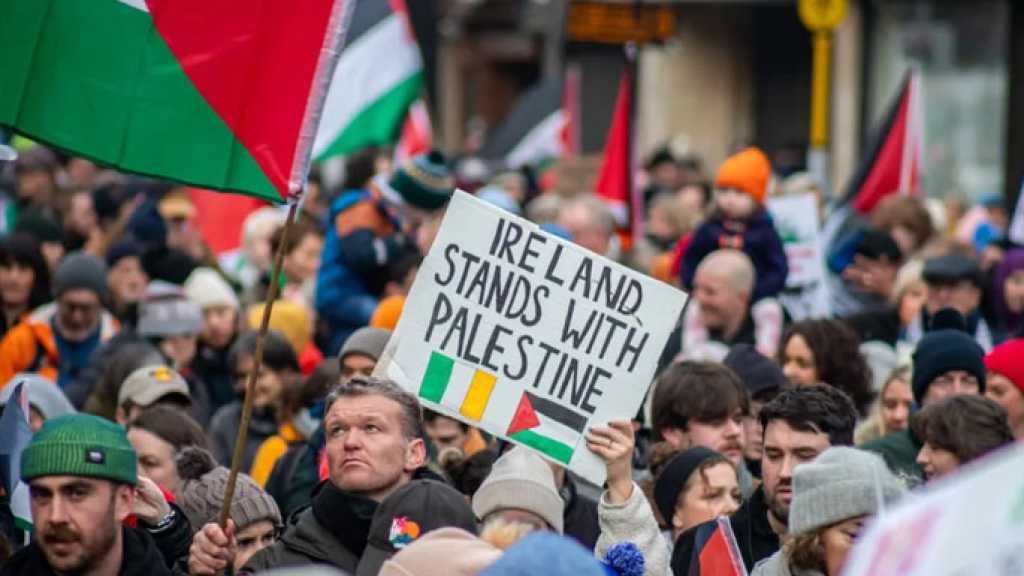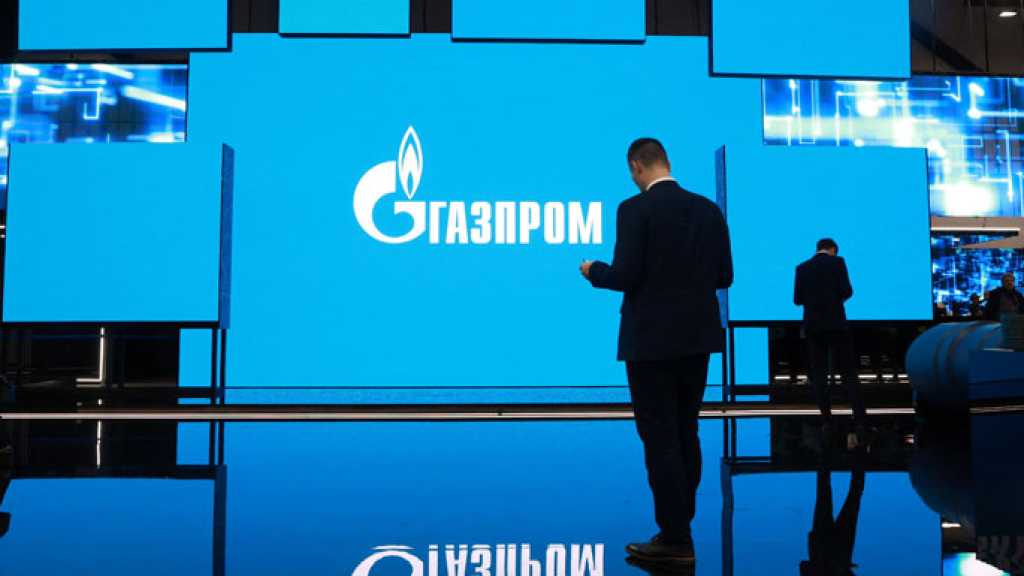Bloc Mulls Using Confiscated Russian Assets on “Ukraine Reconstruction”

By Staff, Agencies
The European Council president has urged member countries to push ahead with talks on spending $300 billion worth of confiscated Russian central bank assets for the "reconstruction of war-torn Ukraine".
In an interview with the Financial Times, Charles Michel said he wanted to explore the idea of actively managing the Russian central bank’s frozen assets to generate profits, which could then be earmarked for reconstruction efforts.
“It is a question of justice and fairness,” said Michel, who represents the bloc’s 27 national leaders. “It must be done in line with legal principles, this is very clear.”
The European official said he expected EU leaders to “give some impetus” to the discussions.
He hastened to add that, despite the legal obstacles to seizing the assets, there was “a serious political interest to make progress on the question and deliver on the question.”
The EU and its allies have frozen foreign exchange reserves worth hundreds of billions of dollars stacked overseas by Russia's central bank.
The top EU officials, including foreign policy chief Josep Borrell, have floated the idea of seizing those assets for use in rebuilding Ukraine’s ravaged infrastructure.
Some EU officials have, however, warned that freezing Russia's foreign assets and then spending them could create a dangerous precedent and stoke financial stability risks.
EU’s environment commissioner, Virginijus Sinkevicius, told the Financial Times on the sidelines of Davos summit last Wednesday that spending Moscow's money may require new legislation in jurisdictions involved in freezing the assets.
“Of course, it has to be legal,” Sinkevicius insisted. “That’s the only way to get approval from member states and also from the international community.”
“I don’t think it has to be only the EU. The rest of the G7 countries at least should join us on that.”
The United Kingdom alone seized Russian assets worth 18 billion pounds [$20.5bn], purportedly owned by Russian oligarchs, and other individuals and entities subject to sanctions by London over the Ukraine war.
"We have imposed the most severe sanctions ever on Russia and it is crippling their war machine," Andrew Griffith, a junior government minister in the UK Treasury, said in November. "Our message is clear: We will not allow [Russian President Vladimir] Putin to succeed in this brutal war."
Griffith said the frozen Russian assets were six billion pounds more than the amount reported across all other British sanctions regimes.
The UK's sanctions against Russia have targeted the country's major banks, including Sberbank, and Credit Bank of Moscow. The UK has also banned any new investment in the Russian Federation.
Russia has warned that the sanctions against Moscow by Kiev's allies and the shipping of western weapons to Ukraine will prolong the war and add to the casualties that have reached several hundred thousand since the Kremlin started its military operation almost a year ago.
Russia launched the war on Ukraine in late February, following Kiev’s failure to implement the terms of the Minsk agreements and Moscow’s recognition of the breakaway regions of Donetsk and Luhansk.
At the time, Russian President Vladimir Putin said one of the goals of what he called a “special military operation” was to “de-Nazify” Ukraine.
Comments




